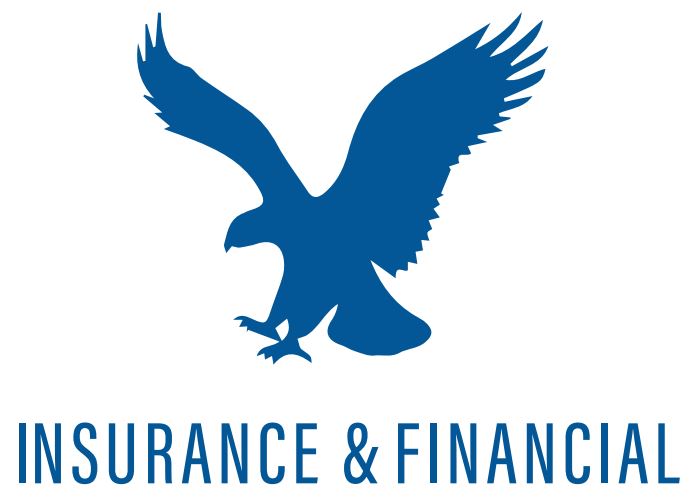Buying a new home is an exciting experience. Because it’s such a large purchase, a lot of paperwork and inspections are conducted to protect the new investment. Home inspections are a part of the home buying process, and should be considered an educational asset to help buyers learn more about the house they are purchasing. Here are some of the most common questions associated with home inspections in Middle Tennessee.
What is a home inspection?
Simply put, the home inspection is a visual evaluation of the physical property by a third party. Property buyers hire home inspectors. They have no affiliation with your realtor or mortgage lender. It looks at the foundation, roof, and other structural aspects of the home. Each inspection concludes with a detailed report explaining areas of the house that require immediate repair or could become problematic in the future.
Do I have to have a home inspection?
You are not required by Tennessee state law to have an inspection when purchasing a home. It is, however, a good idea to invest in the service as it will reveal a lot of detail. A house that might seem like a good deal could have severe structural issues moving forward that will cost a lot of money to fix.
A full understanding of the condition of the home helps the buyer make an informed decision about the property and allows you to back out of a contract if the results present issues you are not willing to pay for. Because purchasing a home is such a substantial investment, it is advisable to have an inspection conducted.
What does the inspector look for?
The inspector will look at many aspects of the home but here are a few key areas:
- Heating and cooling
- Roof
- Electrical System
- Windows
- Doors
- Foundation
- Plumbing
- Structure
- Water damage
It should be noted the inspection does not look for termites or mold. Water damage will be brought to the buyer’s attention, but further evaluation of mold needs to be conducted by a trained professional. Most likely the inspection will not cover a pool or other external structures. Each inspection company has a different list of objectives. You’ll want to confirm the list before you hire them.
How long does the inspection take?
A home inspection is a detailed process. The inspector looks at all areas of the house. From piping to crawl spaces, they will take pictures and write down notes of decay, rot, water damage, cracks, and other signs of wear. Reports this exact take time. You should anticipate it lasting between two to four hours.
When does the inspection take place?
The inspection should take place as soon as possible. It doesn’t have to happen in any particular order, but it helps to have it complete before the appraisal. The appraisal is a request by the mortgage lender and buyer have no say on who does the appraisal. The result of the appraisal assessment affects your loan and whether or not the bank will approve you for the amount. The home inspection gives you an inside look at how that might play out and whether or not you need to fix the property or request the seller to make adjustments.
Who pays for the home inspection?
The purpose of the inspection is to protect the buyer. Therefore, the buyer will make the payment. In very rare cases would the seller pay for the examination of the property.
Can I conduct the inspection myself?
The state of Tennessee requires you to be a licensed home inspector to conduct this type of service. These individuals have been trained on the different elements of the home with a thorough understanding of the construction, maintenance, installations, and home safety. You do not want to leave this kind of information to chance.
Buyers may find it challenging to remain unbiased. Glossing over critical information that could become hazardous down the line is not how you want to invest in your new property. Home inspectors are impartial third parties whose only job is to obtain the most accurate information.
Do I need to be there for the inspection?
Ideally, you will be present during the inspection. It’s an educational opportunity for you to learn more about the property you are buying. While it’s not required, it is a chance for you to see first hand any issues, damages, cracks, or decay that you might have to repair later.
What happens if problems are identified during the inspection?
As a buyer, you can use the information as leverage during the sale of the home. The seller is not obligated to fix any of the repairs. If, however, the damages are extensive enough, the buyer could use the information to back out of the contract or negotiate a fairer price. Sometimes, issues in the inspection also affect the appraisal. A damaged roof or other mitigating factors that reduce the overall value of the home could cause your lender not to approve the loan until the repairs are made.
Most home inspection companies have a grading scale. The scale will tell you what needs immediate attention and what needs monitoring. As the buyer, you can use this information to negotiate or back out of a contract.
Can a house fail a home inspection?
A home cannot fail an inspection. There isn’t a passing grade. The report gives you detailed information on the state and quality of the house. The paperwork should have complete details about the issue, when it needs to be fixed, and photos of any problems.
Do I need the inspection to get a mortgage?
No. Sometimes the inspection is confused with the appraisal. The home inspection is for the buyer’s benefit only. The mortgage lender requests the appraisal. Often, the buyer doesn’t have much say in who appraises the home, but the appraisal is a requirement.
However, the buyer can choose their home inspector. The appraisal and home inspection may have some overlapping inspections such as the foundation, structure, roof and so on.
How much does an inspection cost?
The price point varies, and most companies base it off the square footage of the home. In Nashville, a house under 2,000 square feet can go for about $200. A good ballpark figure would be between $300-$500.
Buying a new home? Check out “YOUR GUIDE TO BUYING AND SAVING ON HOMEOWNERS INSURANCE”.
DOWNLOAD NOW
Sources:





